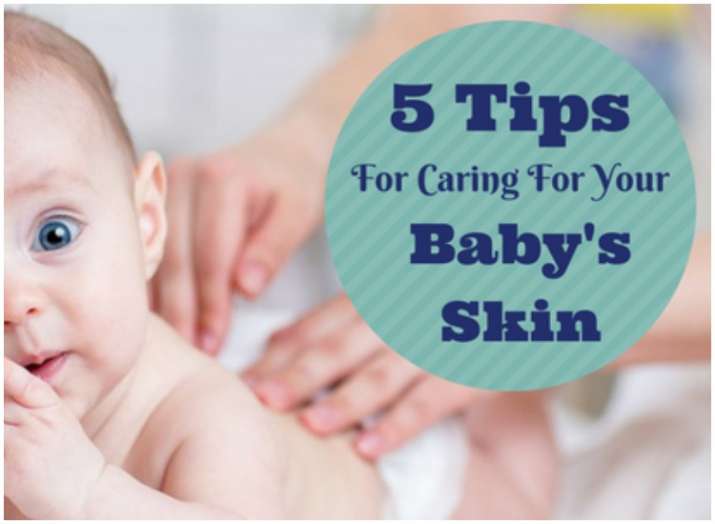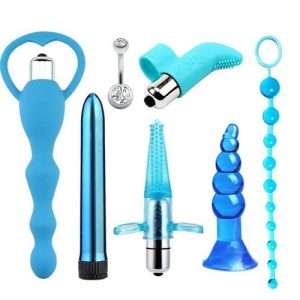
Winter Care for Babies
Whether it’s a summer baby or a winter baby, a newborn deserves so much care from the mother.
For babies that are born in the winter season, it’s important to prevent too much cold as this can lead to illness more quickly than warmth could cause.
Besides catarrh, cough, and others, the baby’s skin is very delicate and should be protected.
You can keep your baby’s skin healthy and glowing if you bathe your little darling in warm water, and apply healthy natural oil and lotions on his skin.
How to Care for Baby’s skin in Winter
Newborn baby skin is 5 times lighter than adult skin and can not withstand intense cold temperatures.
A baby’s skin is soft, tender, and sensitive, and can be easily dried out when it’s too cold out there.
- To hydrate your baby’s skin, you should breastfeed your baby regularly, it’s one of the natural ways to protect your baby’s skin in winter.
- You can also apply any mustard oil, almond oil, or olive oil as they are best for a baby’s skin in winter.
- Vaseline also works fine for most babies, same with calamine to protect the baby’s skin from heat rash.
- So, before you step out into the cold air with your baby, you can rub this cream or oil on your baby’s skin.
There are other suitable creams and lotions you can find in drugstores, however, you should pay attention to the contents of the product, and possibly ask your midwife or pediatrician what’s best for your baby.
More Vitamin D
Here comes the benefits of breastfeeding your baby again. Your baby can get almost every nutrient he needs from breast milk, including vitamin D.
Vitamin D is very important for babies as it supports the development of their bones, teeth, and muscles.
Although the vitamin D content in breast milk may not be enough to help winter babies sometimes, if the baby’s diet is deficient in vitamin D, there are baby syrups to help support the baby’s development.
Bathing your Baby in Winter
In winter, bathing your baby twice daily may not be necessary. You can also change the bathing time since the early morning can be too cold for your baby.
You may not even have to bathe your baby daily if it’s too cold in your area, but you can clean his skin every day.
If you’ve to bathe him, the water should have a temperature of not more than 37 degrees so the baby does not feel too cold or hot.
Your room and baby towels should be preheated so that it doesn’t get too cold after the bath.
Even after a bath, the baby’s skin should be massaged with the baby’s cream or lotion since that prevents the skin from getting dry.
Conclusion
Your baby won’t do well if he’s too cold or too hot, and you can detect that not by checking if the cheeks are cold but by touching the nape of the neck.
If the nape of the neck is sweaty or cold to the touch, you can act accordingly.
If your baby has dry cheeks in winter, then the skin can be moisturized with cream as recommended by your midwife or pediatrician.





